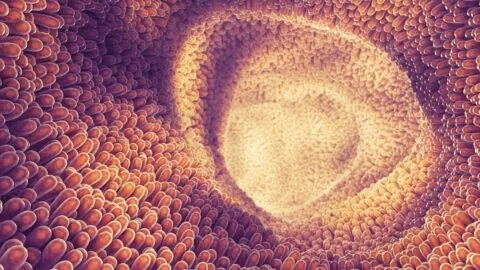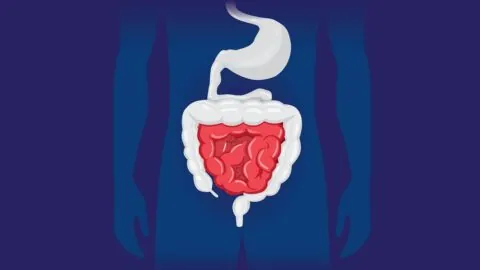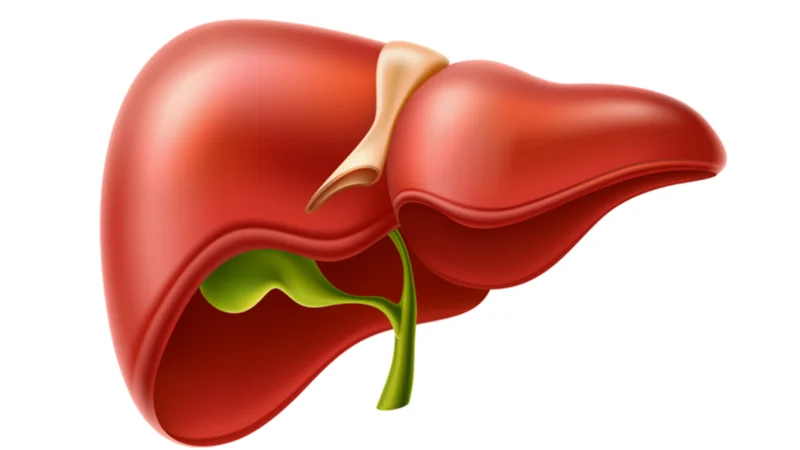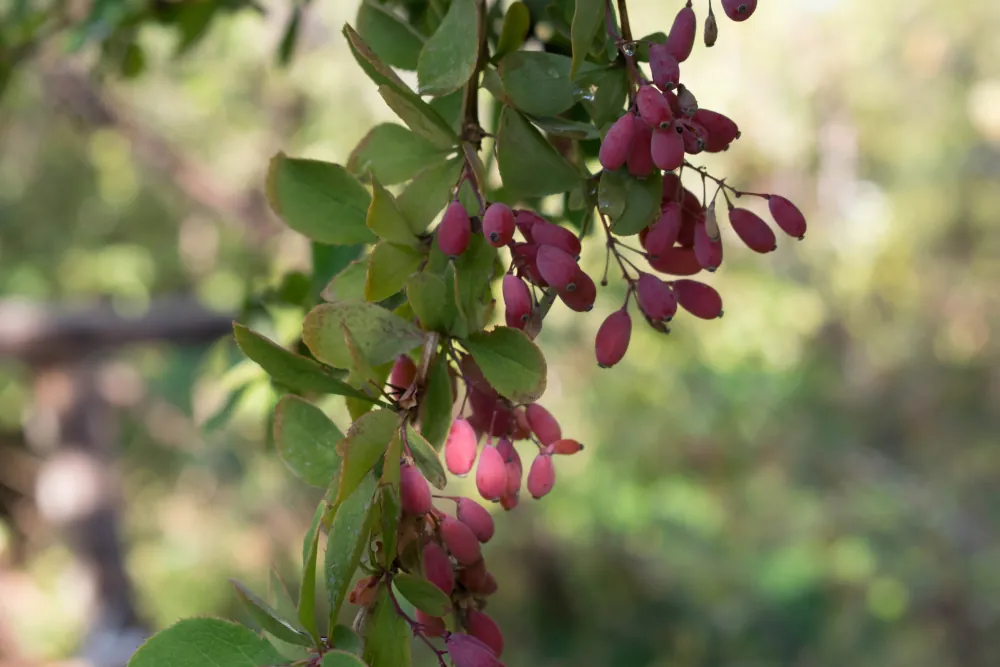April 03, 2024
Scientists have demonstrated that CAR T cells can be employed against senescent intestinal stem cells, improving regeneration and ameliorating age-related symptoms such as “leaky gut” [1]. Cell-on-cell warfare Cellular senescence is a heterogeneous phenomenon in which cells stop dividing and malfunction, driving up inflammation. While senescent cells play a positive role in certain contexts, such...
April 01, 2024
The quest for eternal youth, encapsulated in Dr. Malcolm's fictional yet profound declaration that "Life finds a way," mirrors humanity's age-old fascination with longevity. This fascination isn't new; as Nicolas Brendborg's "Jellyfish Age Backwards – Nature's Secrets to Longevity" expounds; it's as ancient as the epic tales of Ponce de Leon's mythical fountain of life...
April 01, 2024
April Fool's Day is here yet again, but the ongoing research and clinical trials are no joke at all. Here's what's happened in March. LEAF News Team and activities Stephanie Dainow Speaks at Rejuvenation Startup Summit 2024: Stephanie Dainow, Executive Director of Lifespan.io was a speaker at Rejuvenation Startup Summit 2024, where she gave a...
March 20, 2024
In a recent Nature Communications paper, the researchers investigated changes in weight, metabolism, and microbiome that resulted from periodic restricted feeding in non-human primates [1]. Continuous vs. time-restricted caloric restriction Caloric restriction, which limits the amount of calories an organism consumes, is a widely known lifespan-extending intervention in laboratory animals [2]. How caloric restriction is...
March 01, 2024
The leap year is here, so we've had an extra day to showcase interviews and report on all-new ways to combat cancer. Here's everything that we've published in February. LEAF News Interviews Patrick Linden’s Case Against Death: People come to the longevity field from all walks of life, bringing their unique expertise along. An activist...
February 19, 2024
In Aging, a team of researchers has outlined a possible relationship between low grip strength and compounds in the gut microbiome. The gut-muscle axis As these researchers note, previous work has described many of the various ways in which metabolism is related to age-related muscle dysfunction, including inflammation, oxidative stress, accumulation of advanced glycation end-products...
February 05, 2024
In Cell Reports Medicine, researchers have published a study demonstrating that, while it has no impact on many aspects of intestinal function, time-restricted eating (TRE) reduces markers of blood glucose. A matter of when rather than what People who conduct TRE, choosing to consume food only at certain times of the day, often report improvements...
February 05, 2024
A new study done in mice sheds light on how mental stress contributes to intestinal problems by altering microbiome composition [1]. Mind over matter Some experiences are not called “gut-wrenching” just metaphorically, as the brain can indeed influence gastrointestinal function in a myriad of ways. While most of them are adaptive, brain signals can also...
January 09, 2024
A new review authored by three acclaimed geroscientists paints a promising picture of past and ongoing human clinical trials of prospective anti-aging drugs [1]. From worms and mice to humans The biology of aging is an exciting new field, but most of its successes have been in animal models, from the early breakthroughs in yeast...
December 27, 2023
The Longevity Investor Network has experienced significant growth and success over the past year. Our mission to connect innovative companies in the longevity sector with forward-thinking investors has seen remarkable achievements, particularly in 2023. Investors On the investor side, we have now over 200 longevity investors that form part of our robust network. Our investor...
February 05, 2024
A Knowledge Hub for Aging and Longevity As part of our commitment to education our goal is to share evidence-based knowledge about aging and rejuvenation among the general public, the business sector, policymakers, and philanthropists. To achieve this goal we have created an educational hub to help our readers learn more about the biology of...
March 23, 2019
You can download a copy of the event abstracts booklet here should you wish to do so. Day 1, Thursday, July 11th 8:00 - 9:00 Registration, Networking 9:00 - 9:10 Welcome talk by LEAF President Keith Comito 9:10 - 9:15 Welcome from Maurice Kanbar Center for Biomedical Engineering Director Oliver Medvedik 9:15 - 9:45 Opening...
February 05, 2024
Lifespan.io Webinars As part of our commitment to sharing scientific knowledge and connecting researchers with the general public, we host regular research webinars. This is an opportunity to join researchers live, listen to discussion panels, and take part in Q&A sessions. This is the ideal place to meet the actual scientists working on ending age-related...
No Community Members Found.
See Content You May Be Interested In Below
No Aggregator Articles Found.
See Content You May Be Interested In Below
August 12, 2021
Dr. Primas is a board-certified internist, a preventive medicine and integrative medicine specialist, and always on the cutting edge of medicine. He guides his patients using genomics, epigenetics, methylation testing (aging clock), microbiome analysis and telomere length analysis for a more detailed, personal approach to their health. He firmly believes that this approach not only...
June 03, 2020
The Jean Mayer USDA Human Nutrition Research Center on Aging (HNRCA) located at Tufts University, located in Boston, MA, is an important aging research hub with a particular focus on nutrition, the microbiome, and sarcopenia.
December 05, 2019
Amazentis is a life science company developing therapeutic nutrition products. Their products include Mitopure, a proprietary form of Urolithin A. Urolithin A is the end product created when bacteria in the gut break down ellagitannins, which are polyphenols found in fruits such as pomegranates, strawberries, walnuts, and raspberries. The substance does not appear naturally in...

How Metabolic Syndrome Makes Aging Worse
Metabolic syndrome drives many of the hallmarks of aging, and different hallmarks of aging drive metabolic syndrome in a vicious, accelerating cycle. Central obesity, high triglycerides, low HDL cholesterol, high blood pressure, and elevated fasting glucose comprise a cluster of metabolic disorders that increase the risk of cardiovascular disease and type 2 diabetes and define metabolic syndrome.
Read More
Read More
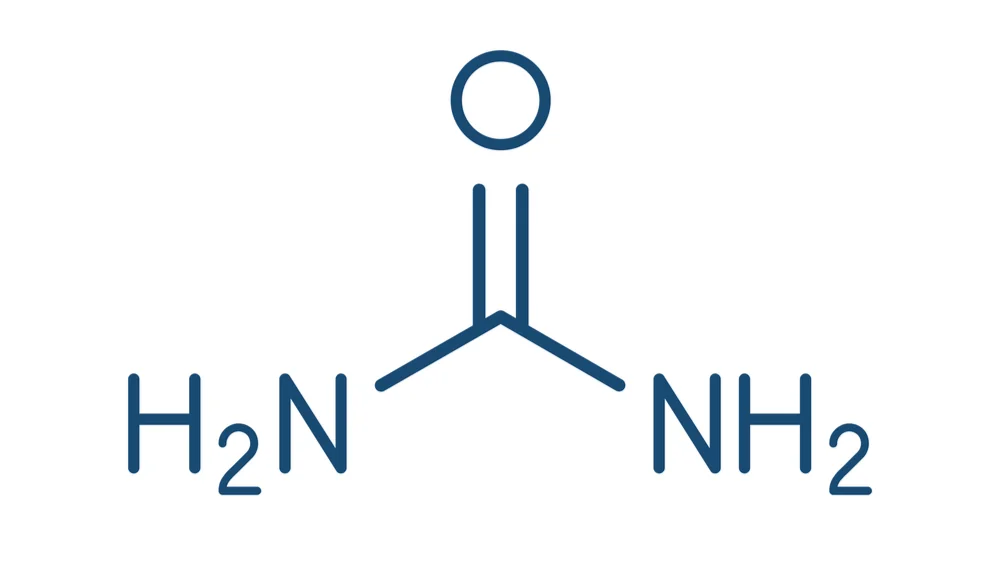
Urea Is a Blood Biomarker of Aging
In chronic kidney disease, damaged kidneys cause the accumulation of urea by slowing down its elimination. Recent evidence suggests that urea is a potent toxin with multiple systemic effects. The body makes proteins by bonding together long chains of amino acids. When the body has an excess of protein, is in the process of turning over cellular proteins, or has a deficit of available carbohydrate or fat to meet its energy needs, it activates the urea cycle.
Read More
Read More
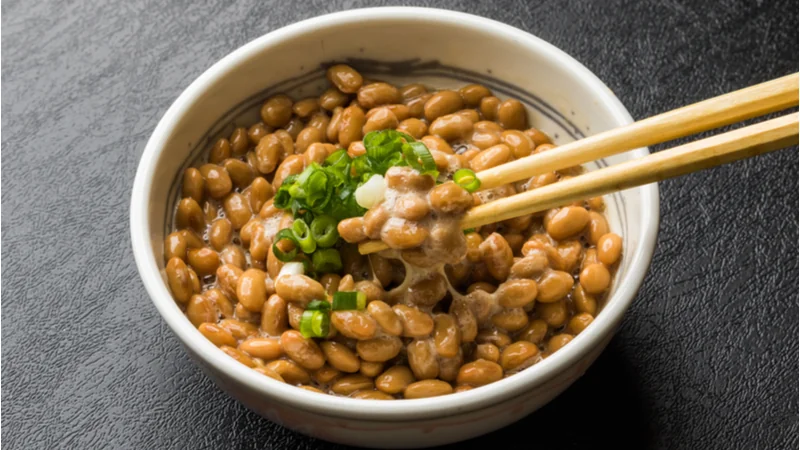
Vitamin K2 Uses and Possible Side Effects
K2 is a fat-soluble vitamin that regulates multiple processes in the human body through the activation of Vitamin K2-dependent proteins. Two of these proteins, matrix Gla and osteocalcin, play a prominent role in the function of the cardiovascular and skeletal systems. In addition, through poorly understood mechanisms, K2 plays a significant role in the health of the digestive system, which can affect other bodily systems.
Read More
Read More

Butyrate: Health Benefits and Side Effects
Butyrate is a four-carbon short-chain fatty acid (SCFA). It is a naturally occurring product of the microbial fermentation of dietary fiber in the colon. Once produced, butyrate can be subject to many fates: it may be used by cells that make up the intestinal wall (enterocytes) for energy; it may function as a histone deacetylase (HDAC) to alter the expression of genes; it may act as a local signaling molecule; and it may make its way to the bloodstream.
Read More
Read More

